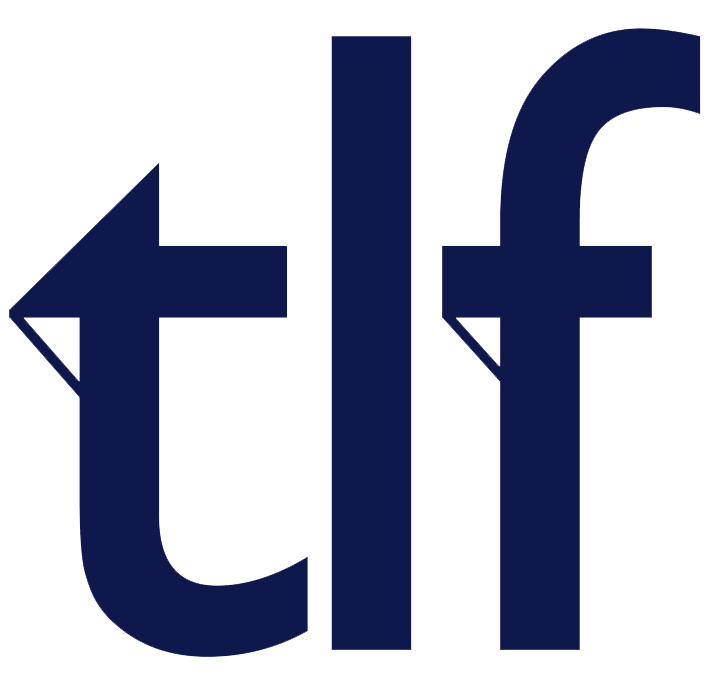Key Legal Changes Impacting California Schools in 2024: What Schools Need to Know
This school year introduces several key legislative changes for California students, including expanded access to mental health care, free menstrual products in elementary schools, and mandated climate change education. While many of these new laws will shape public education, leaders of private religious schools need to stay informed about which regulations apply to their institutions. Below is a breakdown of the most significant changes:
1. Mandatory Climate Change Education
All public schools must incorporate climate change education into their science curricula from first through 12th grade. This includes emphasizing the causes, effects, and solutions to climate change. Although many schools already address climate issues, this law standardizes climate education statewide.
While this mandate applies explicitly to public schools, private school leaders must stay proactively informed about the broader educational landscape. This will help them consider how their curricula may evolve in response to these trends, ensuring they remain relevant and practical.
2. Free Menstrual Products in Elementary School Bathrooms
The Menstrual Equity for All Act, which previously covered grades six through 12, now requires public elementary schools serving third through fifth grades to offer free menstrual products in all-gender bathrooms, women’s bathrooms, and at least one men’s bathroom. This expansion ensures that younger menstruating students have access to these essential products.
This legislation may not directly impact private religious schools, but they should remain aware of its relevance to students and parents in their communities.
3. Expanded Transitional Kindergarten (TK) Enrollment
Transitional Kindergarten continues its expansion this year to include children turning five between September 2 and June 2. This additional grade provides young learners an early start to their education, preparing them for kindergarten and beyond.
Private schools should be mindful of the increasing availability of TK in public schools. This may influence family decisions about early childhood education, and private school leaders must be aware of these potential shifts in the educational landscape.
4. Transparency in College Course Costs
Assembly Bill 607 mandates that public colleges, including California State Universities and community colleges, provide cost estimates for course materials and fees. This bill seeks to alleviate students' financial anxiety and promote transparency in higher education.
The trend in transparency could inspire similar approaches to tuition and fee disclosures for private religious high schools. This preparation may benefit students as they transition to college.
5. TK Students Exempt from English Proficiency Testing
New legislation exempts Transitional Kindergarten students from taking the English Language Proficiency Assessment for California (ELPAC), deferring the test until kindergarten. This change reflects concerns that the test was not appropriate for 4-year-olds.
While this policy explicitly affects public schools, private religious institutions may want to monitor the developments in testing and assessment as they continue to shape student learning outcomes.
6. Expanded Access to Mental Health Care
Children aged 12 and older who are on Medi-Cal can now consent to mental health care without parental approval. This expansion of mental health access aims to ensure that students receive timely and necessary support.
Leaders of private schools, including religious institutions, are responsible for evaluating how they address mental health needs. They can align their policies with best practices for student well-being and demonstrate a caring and responsible approach to education.
7. Ban on Suspensions for Willful Defiance
California has banned suspensions for willful defiance for all grade levels from TK through 12th. This change encourages schools to find alternative interventions and support for students displaying disruptive behavior.
Although this law applies to public schools, private religious schools should consider how they handle disciplinary measures and whether their approaches foster a supportive and equitable learning environment.
8. Protections for LGBTQ+ Students
Under new legislation, California public schools cannot require teachers to notify parents if a student is transgender. This law protects school staff from retaliation for refusing to disclose a student’s gender identity and provides additional support for LGBTQ+ students.
Private religious schools, which may have different policies regarding gender identity, should stay informed about state laws and how they intersect with their values and mission.
9. Students Won't Miss Out on Recess
Thanks to Senate Bill 291, public schools are required to provide at least 30 minutes of recess on regular instructional days and 15 minutes on early release days starting this school year. This law ensures that recess is protected and cannot be withheld as a form of discipline.
While private religious schools may not directly impact this law, it highlights the growing emphasis on student well-being and physical activity in education. Leaders of private schools should consider how their policies align with these priorities.
10. Schools Can't Ban Certain Books
Assembly Bill 1078 ensures that California schools cannot ban textbooks or instructional materials simply because they explore the contributions of specific individuals or groups, such as Latino Americans, LGBTQ+ communities, and other ethnic, cultural, or socioeconomic groups. The law also prohibits schools from banning already adopted instructional materials that include inclusive and diverse perspectives.
This legislation comes in response to nationwide efforts to ban certain books, such as in Iowa, where thousands of books have been removed from schools. Although this law targets public schools, private religious schools should remain aware of the national conversation around inclusive educational materials and how they may affect their communities.
Turner Law Firm
At Turner Law Firm, we represent private religious schools across California, helping them navigate the complexities of state education laws while staying true to their mission. Not all of these new laws will apply to private religious schools, but school leaders must be well-informed and prepared.
Contact us today to learn more about which new laws apply to your institution and how to maintain compliance without compromising your values. Let us help you create a legal strategy that protects your school, supports your students, and fosters a thriving educational environment.

